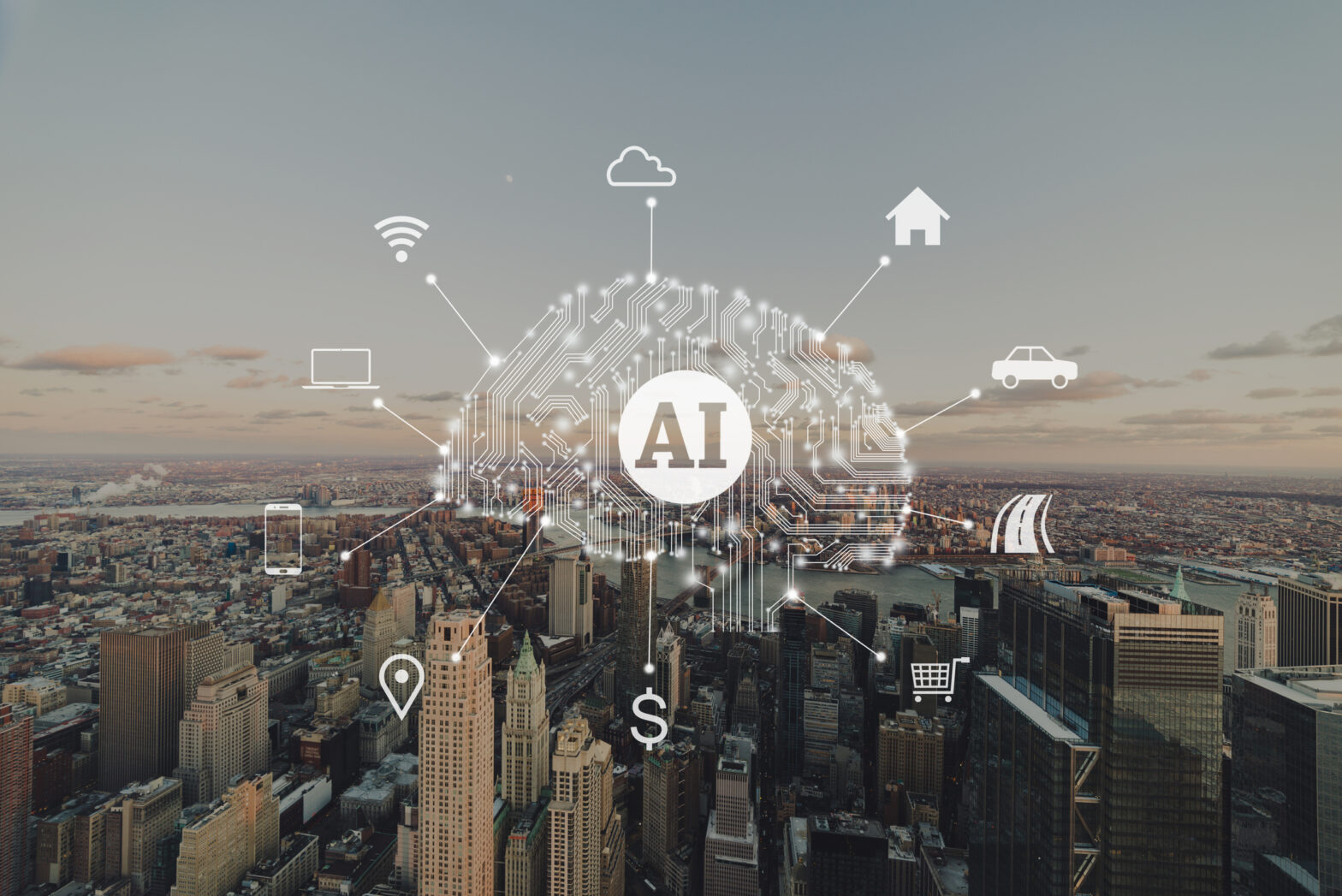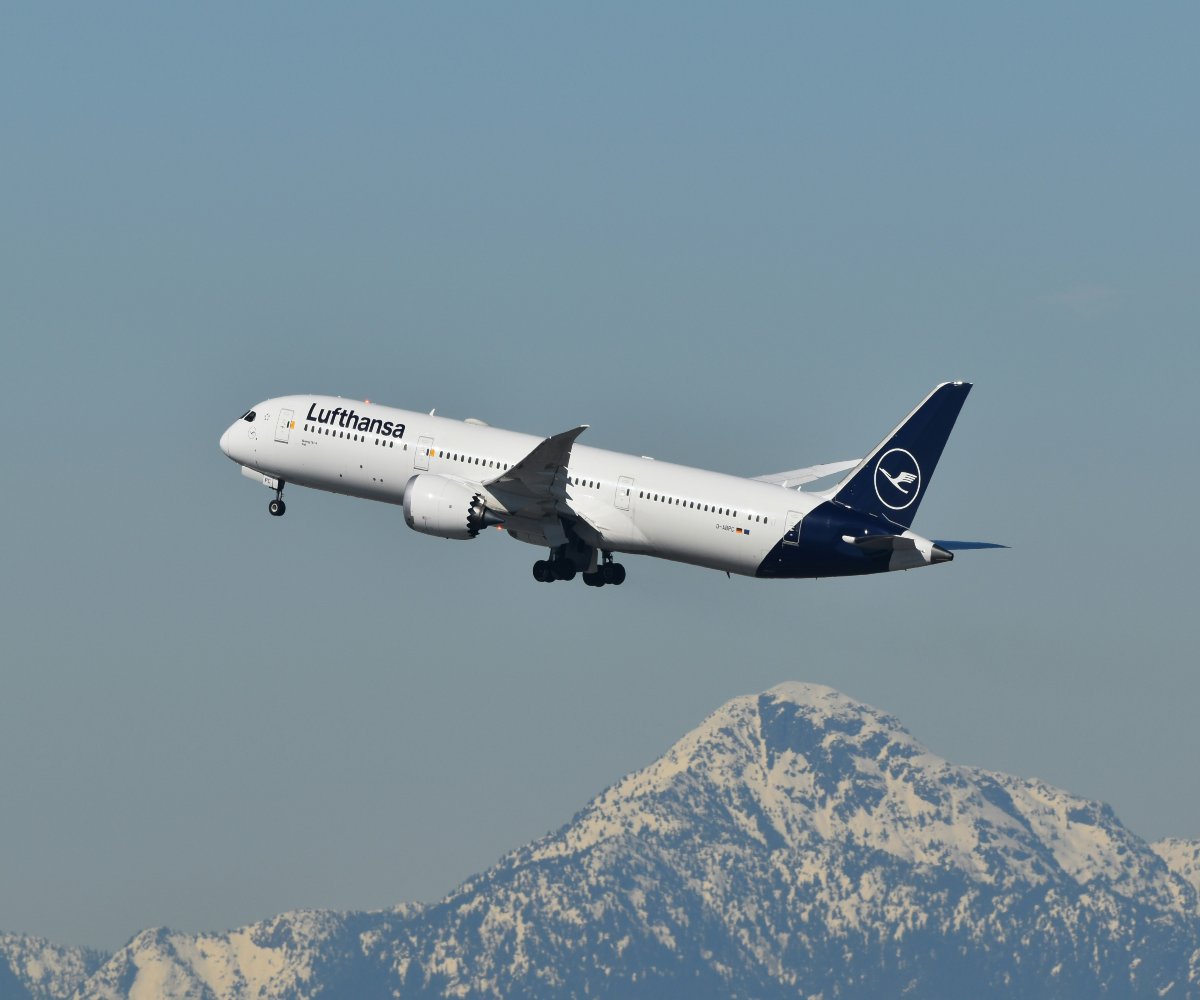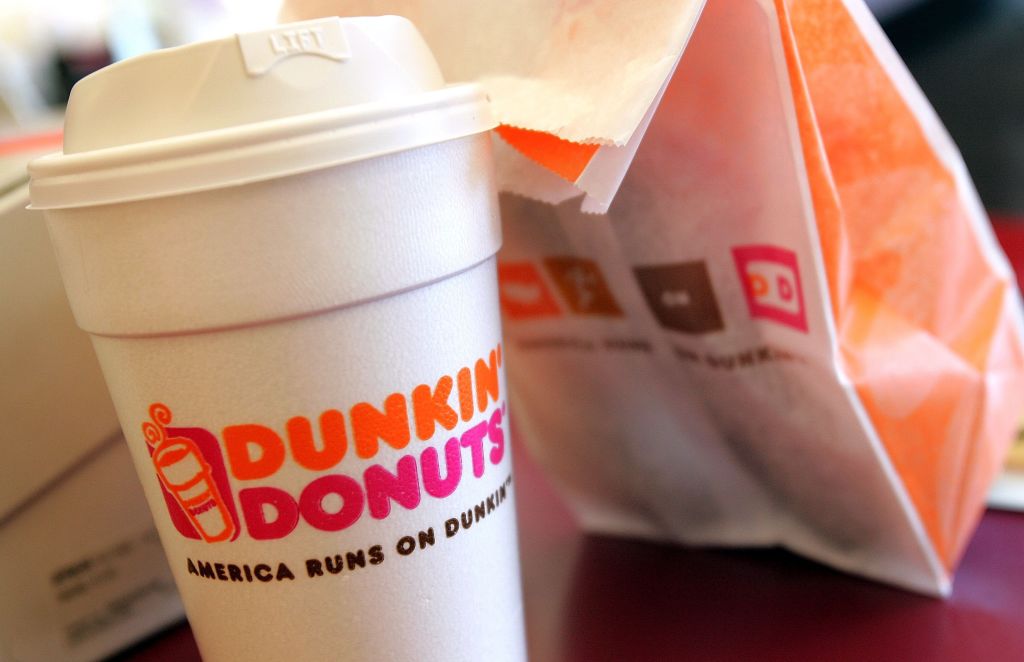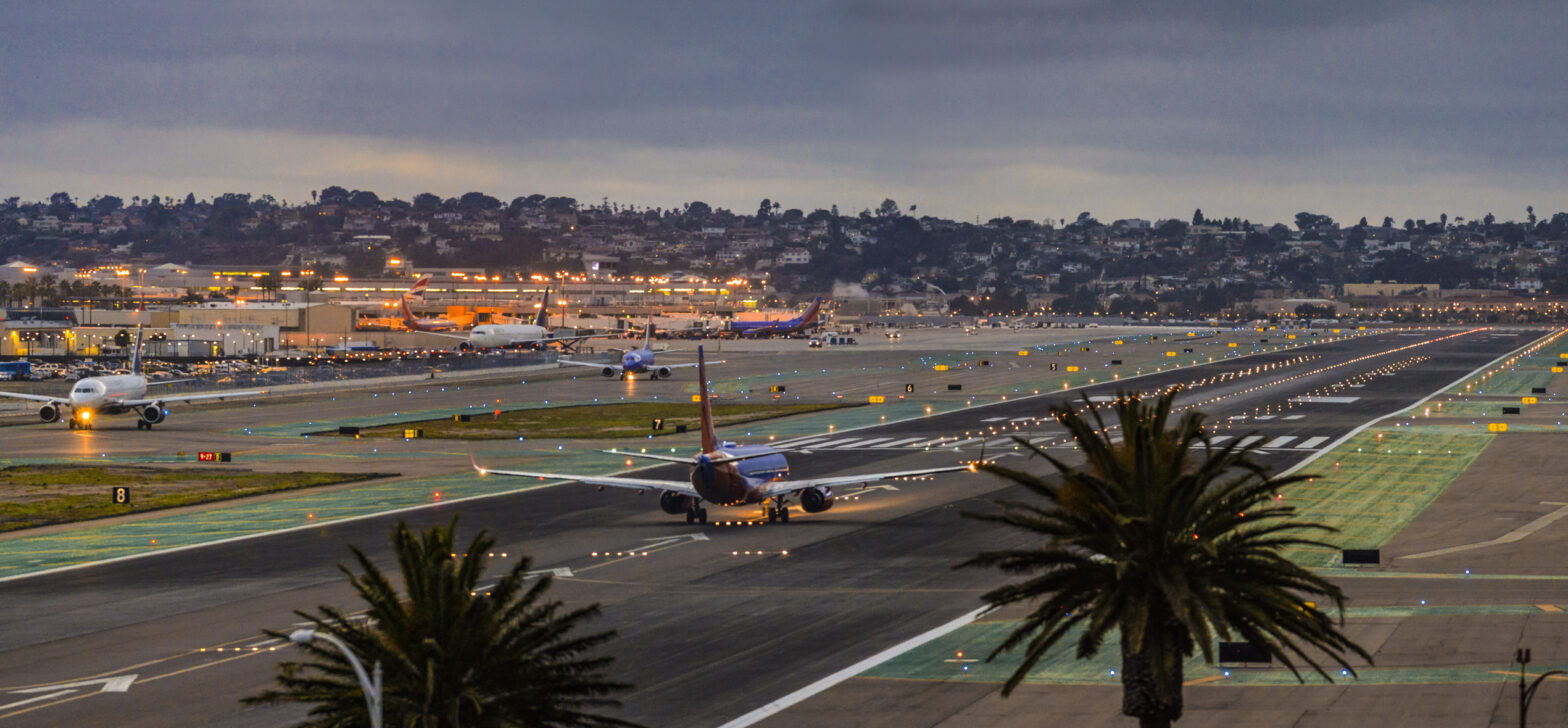As the travel industry undergoes a digital transformation, digitization and automation have revolutionized the way we plan and experience our journeys. AI-powered virtual assistants and chatbots have become integral to streamlining customer support and enhancing hospitality. In addition, the implementation of facial recognition technology and AI art software has significantly improved security measures and marketing efforts.
According to Forbes Magazine, virtual assistants are now capable of planning entire travel itineraries, while chatbots efficiently handle support queries. This signifies a radical shift in the travel industry, where AI technologies are reshaping the way we travel.
One area where AI has had a profound impact is customer support. Forbes highlights a survey by Ubisend, which reveals that 48% of consumers are indifferent to whether they receive information from bots or call centers. WestJet’s virtual assistant, Juliet, is cited as a successful example, as it has been able to handle 74% of support requests even before the pandemic hit.
AI travel agents have simplified the booking process, with an increasing number of transactions taking place through chatbots. Forbes references a TIDIO study indicating that 62% of users prefer using online chatbots for quick assistance. Major industry players such as Booking.com and Kayak have integrated advanced virtual assistants for automated customer support. ChatGPT, mentioned by Forbes, is capable of handling complex requests and creating customized itineraries.
AI in Hospitality Industry
Forbes also highlights the impact of AI in the hospitality sector. The Henn na Hotel in Tokyo made headlines by replacing a significant portion of its staff with humanoid robots that improved guest experiences. According to Forbes, the cost of this technology is currently high. However, smaller companies are expected to adopt robots for routine tasks as costs decrease.
When it comes to security and personalization, facial recognition technology, such as Face ID, is also gaining traction. Airlines like JetBlue, LOT, and Adria Airways have successfully implemented facial recognition for quick passenger identification, effectively reducing check-in times. Biometrics are also enhancing security measures in hotels and airports, as supported by the International Air Transport Association’s Global Passenger Survey.
AI has also revolutionized marketing efforts in the travel industry. Forbes mentions significant advancements in AI art software, which can generate high-quality images. Although there are legal concerns regarding the use of AI trained on copyrighted works, these tools serve as inspiration for marketing teams to create visually appealing graphics for ad campaigns.
From customer support to hospitality, security, and marketing, AI is driving significant changes that improve efficiency and enhance the overall travel experience.
.





